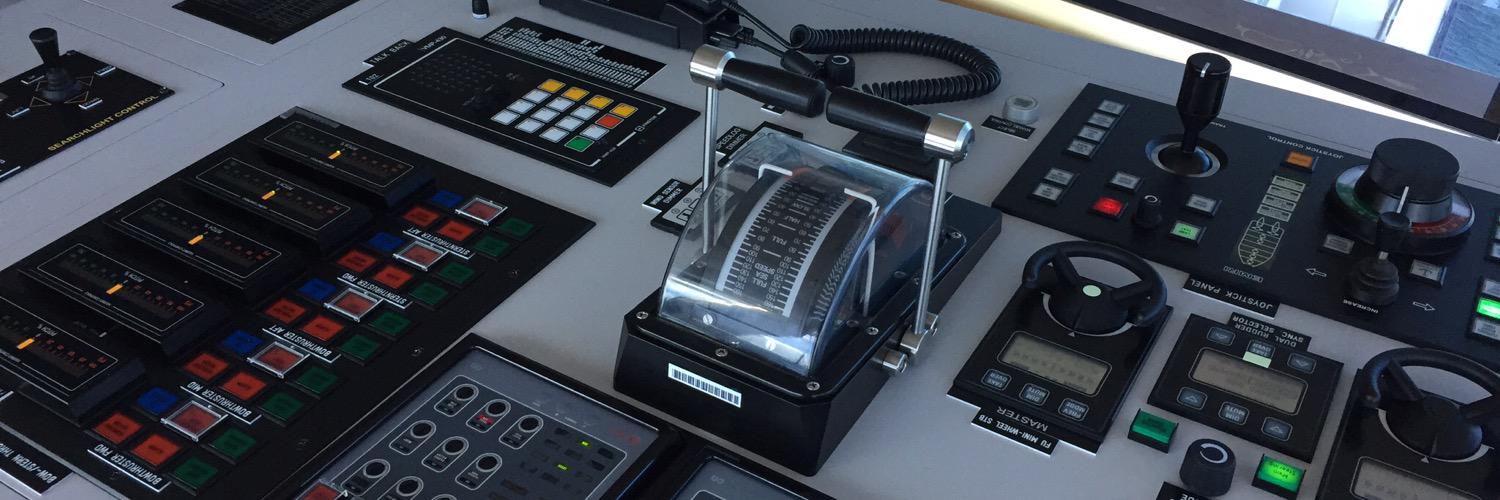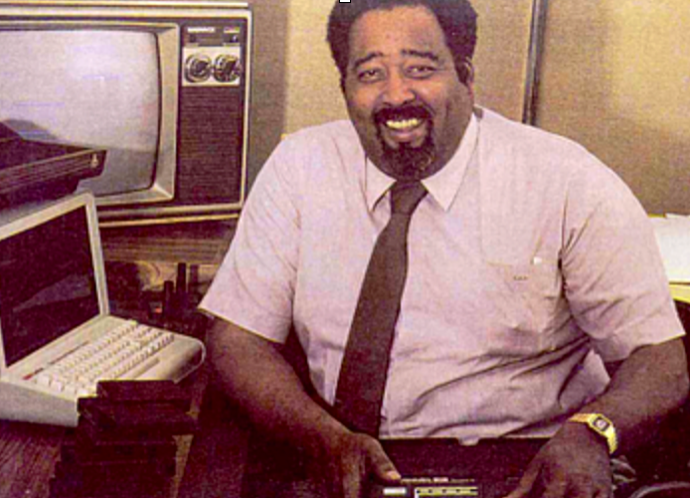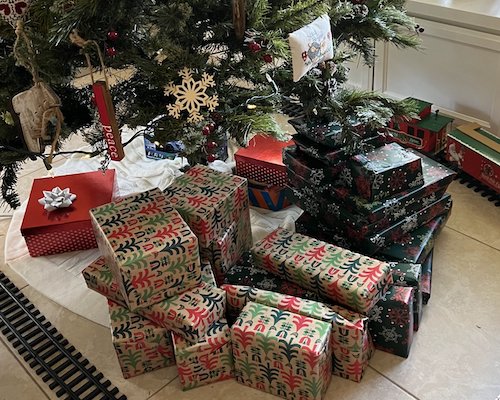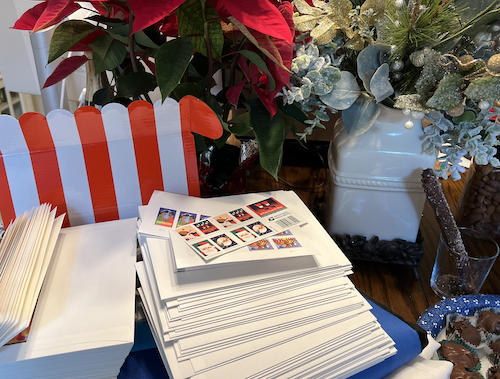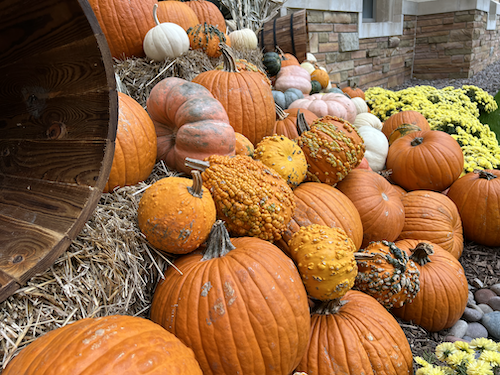“The sculpture is already complete within the marble block before I start my work. It is already there, I just have to chisel away the superfluous material.” – Michelangelo
A tanker truck hauling 8,600 gallons of gasoline approached the MacArthur Maze, a large freeway interchange near the east end of the San Francisco, Oakland Bay Bridge in California. The driver, traveling faster than he should, lost control, hit the guardrail and overturned the load of highly flammable fuel. It spilled out on the interchange and exploded into a violent inferno, sending flames hundreds of feet into the air. The heat weakened the steel structure of the three-lane section of Interstate 580, causing the road to collapse onto Interstate 880 below. Thankfully, the driver survived and no other vehicles were involved in the accident.
California Department of Transportation, Caltrans, rushed in to quickly assessed the damage of this crucial interchange which handles some 160,000 vehicles per day. It would take weeks to clear the debris and several months to repair. Initial cost projections reached $10 million with an impact cost of $90 million. Bidding for the job started immediately. Due to the urgency of restoring this vital link, the state offered an incentive of $200,000 per day bonus if the work was completed before the deadline.
Bidding started. C. C. Myers had been planning for this his whole life. While other contractors in the room were offering on-time proposals well over the $10 million estimate, C. C. Myers shocked the room. He would do the work for $878,075, promising to complete the work well ahead of schedule. This was not the first time C. C. Myers had taken on heroic work. His company had a proven track record of rebuilding damage freeways well ahead of schedule, including the Santa Monica Freeway after the 1994 Northridge earthquake. Needless to say, he won the bid.
C. C. Myers went to work. He had assembled a logistic transport team and forged agreements in Texas and other areas to expedite steel delivery to the interchange. He streamlined processes and cut away any distractions and superfluous procedures that didn’t directly contribute to safely delivering the roadway ahead of schedule. As an example, the typical inspection process requires steel workers to complete all their welds before scheduling government X-ray inspection. C. C. Myers convinced the government to embed X-ray technicians in his team and perform the test immediately after the weld was complete. This allowed the crew to get real-time feedback on any area that didn’t pass and fix it immediately before moving on.
C. C. Myers’s efforts were successful. The monumental work was completed over a month ahead of schedule, right before a busy Memorial Day weekend. C. C. Myers earned a $5 million bonus for completing the work early. He quickly gave credit to his workers and their ability to deliver, but moving the mountain had required his artistry as well.
Like Michelangelo, C. C. Myers’s genius was his ability to stare into the mountain of “marble” and see what could be removed to reveal the ultimate outcome. Procedures and processes that didn’t directly deliver value were debris that had to be swept away. Every ounce of energy, every minute, and every movement was precious and deliberate. Everything that wasn’t part of the goal was chiseled away.
What is the work and marble before you right now? What is the goal? What sculpture are you trying to reveal? What can you remove? As all you wonderful artists head into your work channel your inner Michelangelo. Chisel away the useless motion, process and procedures to reveal the incredible work of art buried in the marble.
Credit: A friend of mine, Paul Gaffney, spoke on this at the 2023 DevOps Enterprise Forum. His story was far more eloquent than my version. It motivated me to do more research on the incident. The result is this post. I’m indebted to Paul for his inspiration.
